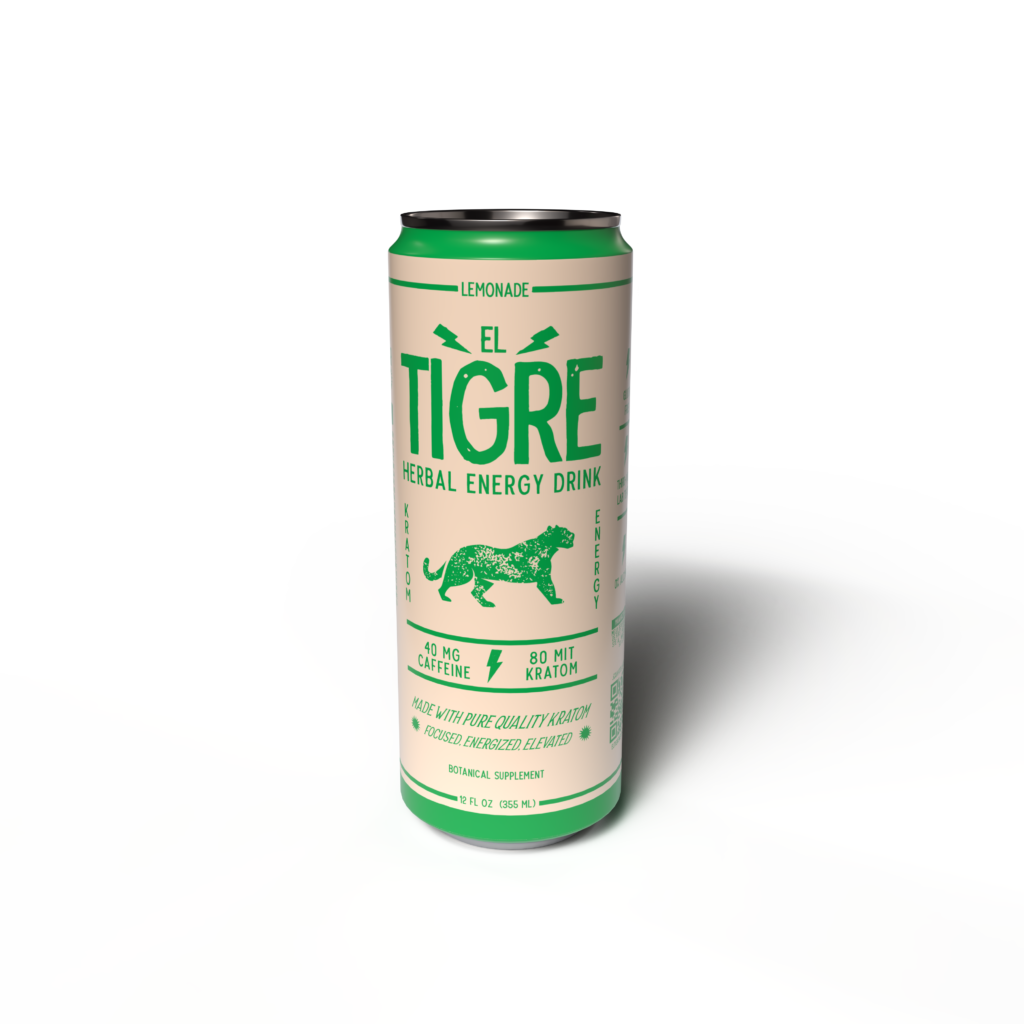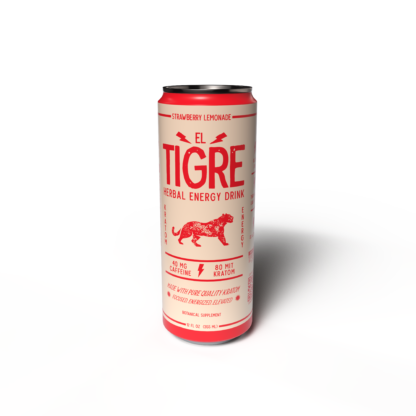Kratom’s Effects on Mood
Kratom, a tropical tree native to Southeast Asia, has gained popularity in recent years for its purported mood-altering effects. Users often report experiencing feelings of euphoria, relaxation, and increased energy after consuming kratom.
How Kratom Impacts Neurotransmitters
Kratom’s ability to influence mood stems from its interaction with neurotransmitters in the brain. These chemical messengers play a crucial role in regulating emotions, motivation, and pain perception.
- Kratom contains compounds called mitragynine and 7-hydroxymitragynine, which have been shown to bind to opioid receptors in the brain. This binding can lead to the release of dopamine, a neurotransmitter associated with pleasure and reward.
- Additionally, kratom may affect serotonin levels. Serotonin is involved in regulating mood, sleep, and appetite. By influencing these neurotransmitters, kratom can contribute to feelings of euphoria, relaxation, and well-being in some individuals.
Potential Mood-Boosting Properties of Kratom
However, it’s important to note that the effects of kratom on mood can vary widely depending on factors such as dosage, strain, and individual sensitivity. Some users may experience positive mood changes, while others may encounter adverse effects like anxiety, agitation, or depression.
The potential for mood-boosting properties makes kratom an attractive option for some individuals seeking natural ways to improve their well-being. However, it’s crucial to approach kratom use with caution and consult with a healthcare professional before trying it, especially if you have existing mental health conditions or are taking medications.
Energy Drinks and Their Impact on Mood
Energy drinks have become ubiquitous, offering a quick boost of alertness and energy. These beverages often contain high levels of caffeine and other stimulants that can temporarily elevate mood and increase focus. However, the long-term effects of consuming energy drinks on mood are complex and not fully understood.
Stimulants in Energy Drinks
Energy drinks primarily achieve their energizing effect through the inclusion of stimulants like caffeine. Caffeine acts as a central nervous system stimulant, blocking adenosine receptors in the brain. Adenosine is a neurotransmitter that promotes sleepiness, so by inhibiting its effects, caffeine increases alertness, focus, and energy levels.
While the immediate boost from caffeine can temporarily elevate mood, the long-term impact on mood is less clear. Some studies suggest that regular high consumption of caffeine may lead to anxiety, irritability, and even depression in some individuals. This could be due to the body adapting to the constant presence of stimulants and experiencing withdrawal symptoms when caffeine levels drop.
Potential for Energy Drinks to Enhance or Impair Mood

The effects of energy drinks on mood are complex and can vary depending on individual factors and consumption patterns.

While the caffeine content in these beverages can provide a temporary boost in alertness and energy, leading to a perceived improvement in mood, excessive or chronic consumption may have negative consequences.
Regularly high caffeine intake can lead to anxiety, irritability, and sleep disturbances, which can negatively impact overall mood in the long run.
Kratom Energy Drinks: A Combination Effect?
The burgeoning popularity of kratom, a tropical tree native to Southeast Asia, has led to its incorporation into various products, including energy drinks. Kratom’s reputation stems from its purported mood-altering effects, often described as euphoria and increased energy. These effects are thought to be linked to kratom’s interaction with neurotransmitters like dopamine and serotonin in the brain. However, the precise mechanisms and long-term consequences of combining kratom with the stimulants commonly found in energy drinks remain largely unexplored.
Possible Synergistic Effects
The combination of kratom and energy drinks presents an intriguing but potentially risky proposition. Both substances are known to influence mood and energy levels, but their interactions are not well understood.
- Kratom’s effects on mood are multifaceted and can vary greatly depending on dosage, strain, and individual sensitivity. Some people experience euphoria, relaxation, or increased energy, while others may encounter anxiety, agitation, or depression.
- Energy drinks primarily rely on caffeine to deliver their energizing effect by blocking adenosine receptors in the brain, leading to alertness and focus. However, excessive caffeine intake can lead to anxiety, irritability, and even depression.
- The synergistic effects of combining kratom with caffeine are largely unknown. It’s possible that the combined stimulation could amplify certain effects, such as increased energy or mood elevation.
- However, it’s also possible that the interaction could lead to unpredictable or adverse effects, including heightened anxiety, restlessness, insomnia, or even cardiovascular problems.
Given the potential for both benefits and risks, it’s crucial to exercise extreme caution when considering kratom energy drinks. Consulting with a healthcare professional before trying this combination is highly recommended, especially if you have any pre-existing health conditions or are taking medications.
Risks Associated with Combining Kratom and Energy Drink Ingredients
Combining kratom and energy drinks creates a potent mixture that can significantly impact mood and energy levels. While kratom users often report feelings of euphoria and energy, these effects can vary greatly depending on dosage and individual sensitivity. Energy drinks primarily deliver their energizing boost through caffeine, which stimulates the central nervous system by blocking adenosine receptors.
The combined effects of kratom and caffeine are largely unexplored. It’s possible that the stimulation from both substances could amplify mood elevation and energy levels, leading to a more intense experience. However, this combination also carries potential risks. The amplified stimulation may lead to heightened anxiety, restlessness, insomnia, or even cardiovascular problems in some individuals.
Furthermore, kratom’s interaction with opioid receptors in the brain raises concerns about potential addiction and withdrawal symptoms, particularly when combined with the stimulating effects of energy drinks. The long-term consequences of regularly consuming this combination are not well understood.
Scientific Evidence and Research on Kratom Energy Drinks and Mood
Kratom, a tropical tree native to Southeast Asia, has gained recognition for its purported mood-altering properties. Users often report experiencing feelings of euphoria, relaxation, and increased energy after consuming kratom.
This interest in kratom’s effects on mood has led to its incorporation into various products, including energy drinks. While these combinations offer a potential boost in energy and mood elevation, the scientific evidence surrounding their long-term effects remains limited.
Available Studies and Findings
Kratom contains compounds called mitragynine and 7-hydroxymitragynine, which have been shown to bind to opioid receptors in the brain. This binding can lead to the release of dopamine, a neurotransmitter associated with pleasure and reward.
- Kratom may also affect serotonin levels. Serotonin is involved in regulating mood, sleep, and appetite. By influencing these neurotransmitters, kratom can contribute to feelings of euphoria, relaxation, and well-being in some individuals.
However, it’s important to note that the effects of kratom on mood can vary widely depending on factors such as dosage, strain, and individual sensitivity. Some users may experience positive mood changes, while others may encounter adverse effects like anxiety, agitation, or depression.
The potential for mood-boosting properties makes kratom an attractive option for some individuals seeking natural ways to improve their well-being. However, it’s crucial to approach kratom use with caution and consult with a healthcare professional before trying it, especially if you have existing mental health conditions or are taking medications.
Energy drinks primarily achieve their energizing effect through the inclusion of stimulants like caffeine. Caffeine acts as a central nervous system stimulant, blocking adenosine receptors in the brain. Adenosine is a neurotransmitter that promotes sleepiness, so by inhibiting its effects, caffeine increases alertness, focus, and energy levels.
While the immediate boost from caffeine can temporarily elevate mood, the long-term impact on mood is less clear. Some studies suggest that regular high consumption of caffeine may lead to anxiety, irritability, and even depression in some individuals. This could be due to the body adapting to the constant presence of stimulants and experiencing withdrawal symptoms when caffeine levels drop.
The effects of energy drinks on mood are complex and can vary depending on individual factors and consumption patterns.
While the caffeine content in these beverages can provide a temporary boost in alertness and energy, leading to a perceived improvement in mood, excessive or chronic consumption may have negative consequences.
Regularly high caffeine intake can lead to anxiety, irritability, and sleep disturbances, which can negatively impact overall mood in the long run.
Limitations of Current Research
Scientific research on kratom energy drinks is limited. While kratom has shown potential for influencing mood through its interaction with neurotransmitters like dopamine and serotonin, the effects of combining it with stimulants found in energy drinks are largely unknown.
- Most studies on kratom have focused on its individual effects, not its combination with other substances.
- The long-term health consequences of regular kratom and caffeine consumption are not well understood.
- Research is needed to determine the potential risks and benefits of kratom energy drinks and to establish safe consumption guidelines.
Due to the lack of conclusive evidence, it’s crucial to approach kratom energy drinks with caution. Consulting a healthcare professional before trying them is recommended, especially for individuals with pre-existing health conditions or those taking medications.
Considerations for Consumption
The intersection of kratom and energy drinks presents a complex landscape for consumers interested in mood enhancement and energy boosts. Kratom, a tropical tree native to Southeast Asia, has gained popularity for its purported mood-altering effects, often described as euphoria, relaxation, and increased energy. Energy drinks, on the other hand, rely primarily on caffeine to deliver their stimulating effects, enhancing alertness and focus. While both substances have individual effects on mood and energy levels, their combined influence remains largely unexplored.
Dosage Recommendations
Considerations for Consumption
- Dosage Recommendations:
The appropriate dosage of kratom can vary greatly depending on factors such as body weight, metabolism, and individual sensitivity. It’s crucial to start with a low dose and gradually increase it until the desired effects are achieved. - Strain Variations
Different strains of kratom possess unique chemical compositions and may produce varying effects. Some strains are known for their energizing properties, while others are associated with relaxation or pain relief. - Individual Sensitivity
People respond to kratom differently. What works for one individual may not work for another. It’s essential to be aware of your own body’s response and adjust dosage accordingly. - Potential for Adverse Effects
While kratom is generally considered safe when used responsibly, it can cause side effects such as nausea, vomiting, constipation, dizziness, and anxiety in some individuals.
Potential Side Effects and Interactions
Potential side effects of kratom consumption can include nausea, vomiting, constipation, dizziness, and anxiety.
Interactions with medications are also a concern, as kratom may interfere with the effectiveness of certain drugs, such as opioids and antidepressants.
It’s essential to consult with a healthcare professional before using kratom, especially if you have any underlying health conditions or are taking medications.
Long-Term Effects
Considering the potential risks and uncertainties associated with kratom energy drinks, it is crucial to approach their consumption with extreme caution.
Thorough research is essential to understand the potential long-term effects of combining kratom’s complex interactions within the body with the stimulants often found in energy drinks.

It is strongly recommended that individuals consult with a healthcare professional before trying kratom energy drinks, particularly if they have any pre-existing health conditions or are taking medications.
Open communication with your doctor can help ensure safe and informed decision-making regarding the use of these products.
Find Kratom energy shots online
Elizabeth Rohrbaugh
GHS PLC
- Exosome Therapy For Skin Rejuvenation Near Brooklands, Surrey - May 9, 2025
- Jalupro Super Hydro Skin Booster Treatments Near Kew, Surrey - May 8, 2025
- Downturned Smile Treatment Near Woking, Surrey - May 7, 2025
